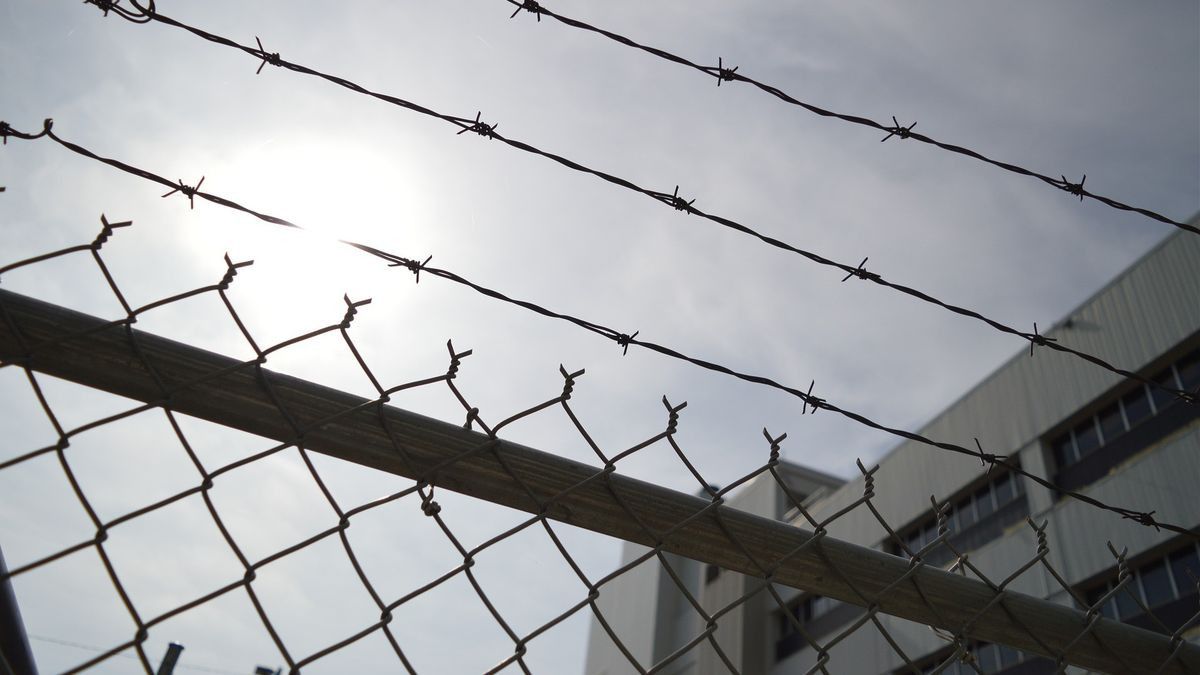JAKARTA - The Corruption Eradication Commission (KPK) recommends several improvements to the management of correctional institutions (prisons) to provide stronger deterrent effects and prevent corruption.
"The management of prisons is an urgency that must be immediately corrected in order to mitigate the risk of corruption," said Head of the KPK News Section Ali Fikri in a written statement, Tuesday, May 9.
Ali explained that the KPK recommendations were divided into two segments, namely short-term and medium-term recommendations.
The short-term recommendations are:
1. Making and agreeing on Standard Operating Procedures (SOP) regarding the return of prisoners whose basis for detention to the detention parties carried out by the Ministry of Law and Human Rights together with the relevant law enforcers.
2. Change the remission system from positive list to negative list by utilizing the Correctional Database System (SDP).
a. Changing the mechanism for granting remissions from a "positive list" to a "negative list". This means that prisoners who do not commit violations are automatically entitled to remission, while prisoners who commit violations will be included in the F register and are not entitled to remission.
b. The granting of remissions must be carried out in a transparent and accountable manner in order to reduce the number of prisoners in detention centers and prisons due to "overcrowded" and "overcapacity", as well as closing bribe gaps to bribe from the pattern of interaction between officers and inmates to "buy" remissions.
3. Complementing the technical guidelines of SDP and carrying out SDP training for operators intensively.
4. Create a receipt bon mechanism for food ingredients and perform a "review" on vendor performance.
5. Build an internal surveillance system at the regional level.
6. Building an effective and integrated Whistle Blower System mechanism with the inspectorate.
7. Build an SDP connection with the Case Handling Information System (SIPP).
Meanwhile, the middle-term recommendations are:
1. A revision of PP 99 of 2012 was made regarding the granting of remissions in drug cases.
2. Create a diversion mechanism for minor criminal cases and narcotics users by optimizing the role of the Correctional Agency.
3. Placing or transferring corruption convicts to Nusakambangan.
Ali said the imprisonment of the perpetrators of criminal acts, including corruption, was one of the implementations of law enforcement instruments in providing a deterrent effect for the perpetrators.
"Thus, the management of prisons should be carried out in accordance with and comply with applicable regulations and regulations," he said.
The KPK has identified the management of prisons which are suspected to be one of the vulnerable sectors for corruption.
Even the KPK has carried out arrests of the Head of Sukamiskin Prison on suspicion of bribery and the provision of luxury facilities for residents in prisons.
The KPK has received a number of public complaints about the mode of corruption in prisons, ranging from illegal levies (extortion) and bribery of bribery, misuse of budget, abuse of authority, to procurement of goods or services.
The KPK, through its prevention efforts approach, has conducted studies that have found various problems in the management of prisons, including:
1. State losses due to "overstay" problems.
2. Weakness of the "check and balance" mechanism of officials and staff of the detention center/prison Technical Implementation Unit (UPT) in granting remissions to prison inmates.
3. Specialized as corruption convicts in detention centers or prisons.
4. Risk of misuse of weaknesses of the Correctional Data System (SDP).
5. Risk of corruption in the supply of foodstuffs.
The English, Chinese, Japanese, Arabic, and French versions are automatically generated by the AI. So there may still be inaccuracies in translating, please always see Indonesian as our main language. (system supported by DigitalSiber.id)













